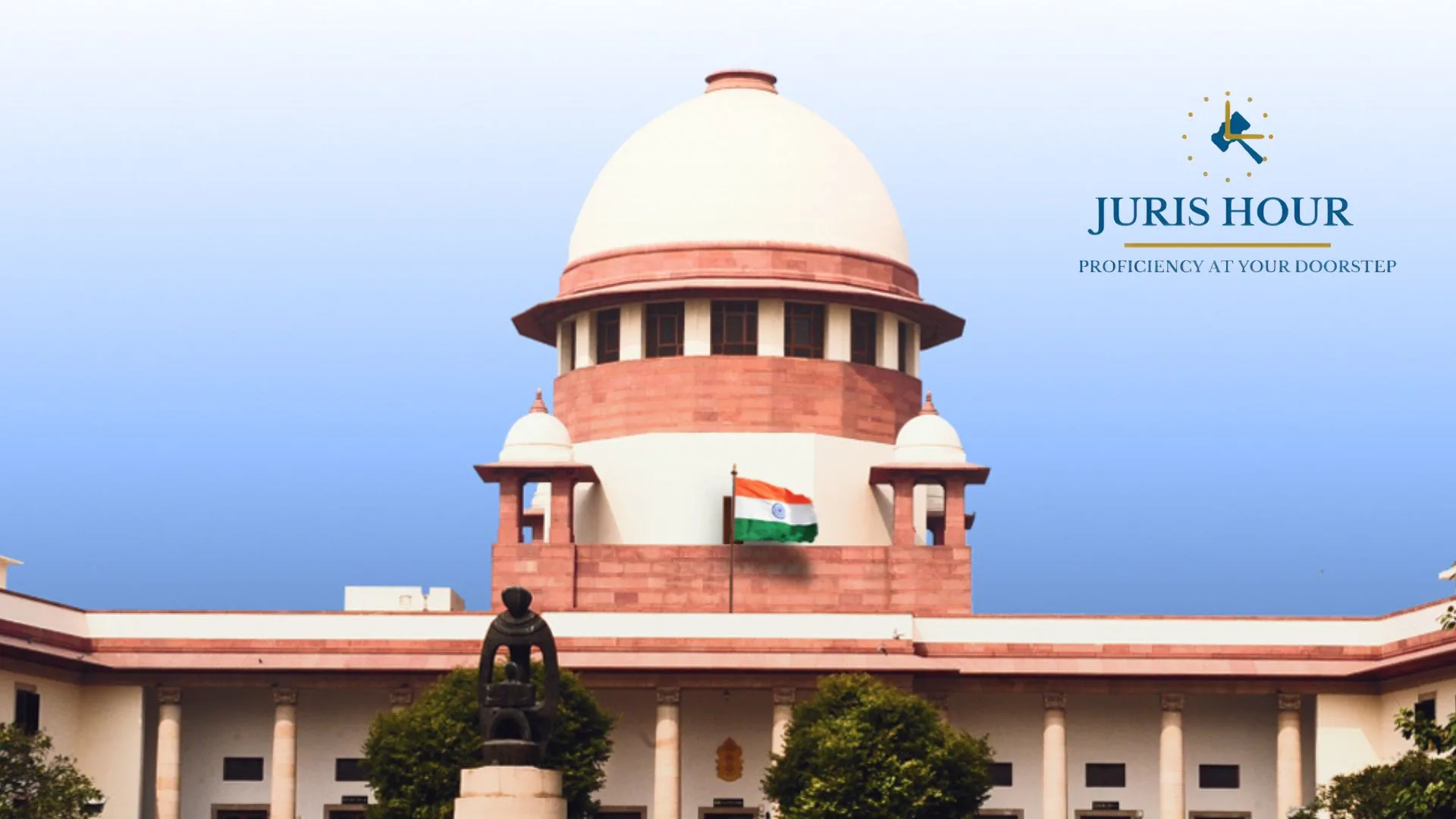The Online gaming firms have filed more than 24 petitions challenging the retrospective tax notices on 28% GST on Online Gaming before the Supreme Court.
The Supreme Court on January 10 will take up the issue of whether a stay should be granted on show cause notices in the e-gaming retrospective taxation case until the matter is finally settled. This comes after online gaming companies on Wednesday sought a stay on show cause notices fearing a coercive action from the tax authorities. The companies contended that this stay will assure them that no demands will be made until the top court gives a final verdict on the issue.
Online Gaming Firm’s Stand
The Online Gaming Firm has challenged the tax department stance to impose a 28% GST retrospective on the full face value prior to the period from 2 October, 2023.
These companies have been contending that the retrospective imposition of a 28% of GST tax rate is equivalent to sounding a death nail to the industry.
Pendency Of Issue Before Various High Courts
Since a lot of petitions were pending before the various high courts in the country, the Apex Court last year transferred all the cases before itself so that an authoritative ruling can be rendered.
GST Council’s 50th Meeting
The GST Council’s 50th meeting was held in Delhi on July 11, 2023, under the chairmanship of the Union Finance & Corporate Affairs Minister, Smt. Nirmala Sitharaman. The Goods and Services Tax (GST) Council has announced changes in taxation for the online gaming industry. The GST Council has decided that online gaming, casinos, and horse racing will be taxed at 28% at the entry point on the total face value of bets.
Read More: Aorom Herbal Smokes Not Medicinal Cigarettes, Attracts 28% GST : AAAR
28% For online gaming – No distinction between “Game of skill” and “Game of chance.”
The Goods and Services Tax Council has agreed to levy a 28 percent tax on online gaming, casinos, and horse racing. The GST tax would be charged at total face value. The council said there should be no distinction between the “game of skill” and the “game of chance,” closing a loophole that has allowed sports companies to justify their offerings as skill-based.
- Sameer Wankhede Bribery Probe –Bombay HC Frustrated At CBI’s Unending Procrastination And Repeated Adjournments – Extends Interim Protection In Plea To Quash FIR - July 11, 2025
- 13-Year Delay in Tax Appeal: ITAT Indore Accepts Commercial Pilot’s Plea, Orders Fresh Assessment - July 11, 2025
- COVID Limitation Relief Applies Even ITR Filing: Madhya Pradesh HC - July 11, 2025






